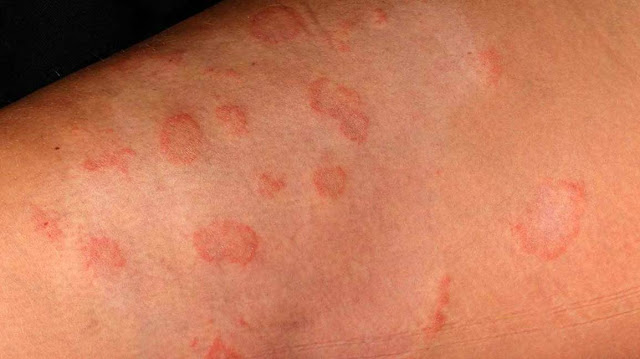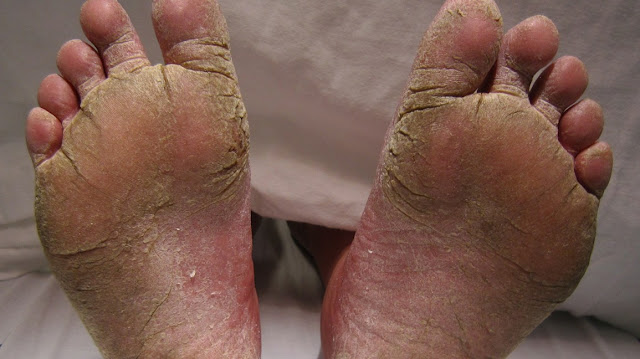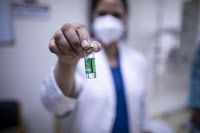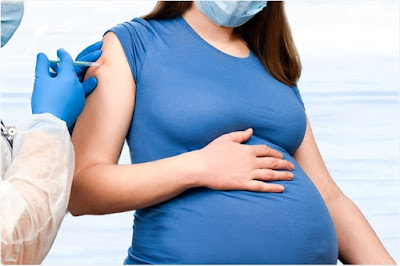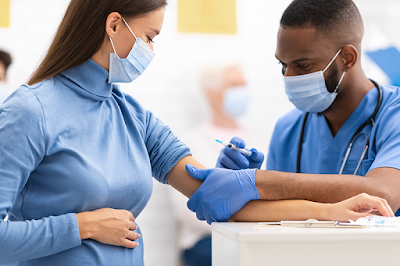27 years old Nigerian Afrobeats star Mohbad is dèãd

MohBad, a Nigerian singer, died at the age of 27. Ilerioluwa Oladimeji Alabama, a.k.a. MohBad, a Nigerian musician, died on Tuesday at the age of 27. The death of the former Marlian Record signee has left fans and the music community in sadness. Although the cause of death is unknown, his management team verified the tragedy on social media. On Tuesday evening, music executive Ovie announced the terrible news on his X page. "Confirmed. MohBad is no longer alive. "What a sad, sad day," he tweeted. He had a number of successful singles, including "Ponmo," "Feel Good," and "Ko Por Ke." He was also well-known for his high-energy live performances. In Nigeria, his death has caused great shock and mourning. Many fans and celebrities have expressed their sympathies on social media. His early demise is a tragedy for the Nigerian music business and his followers all around the world.


